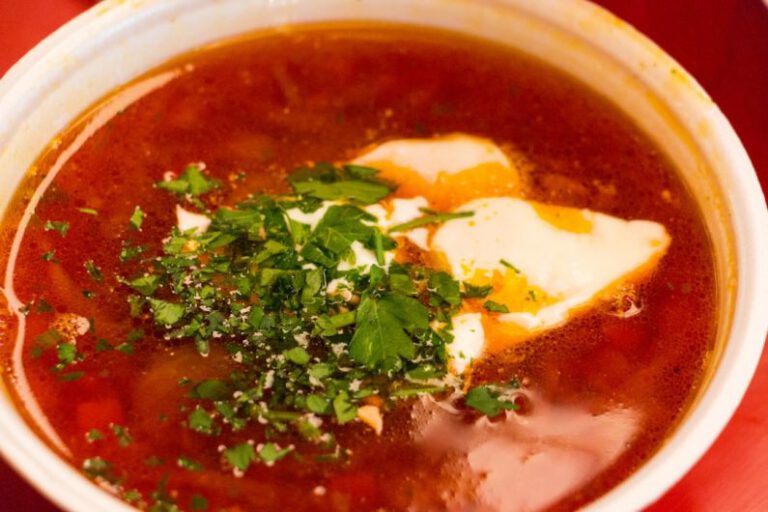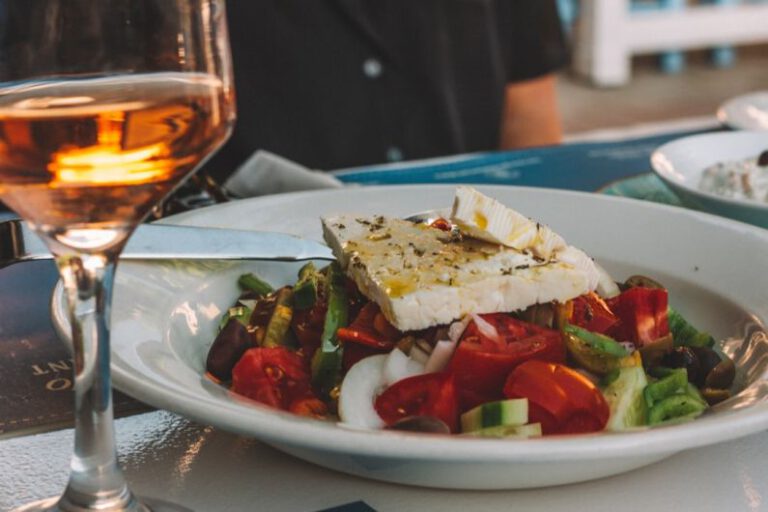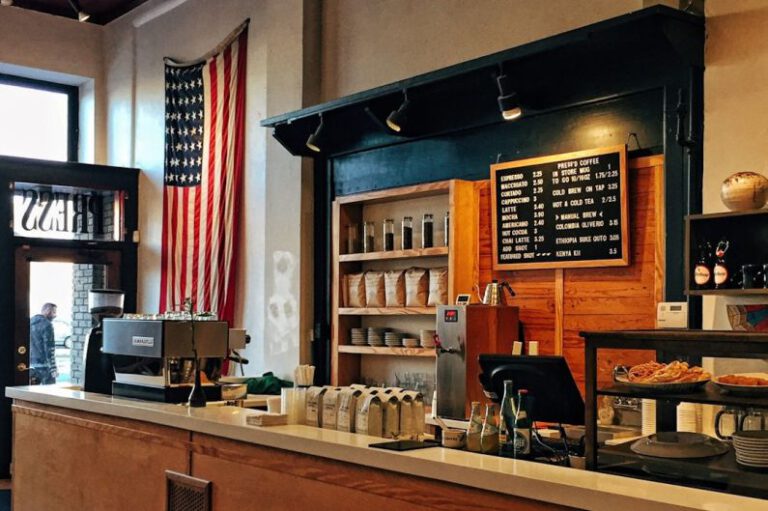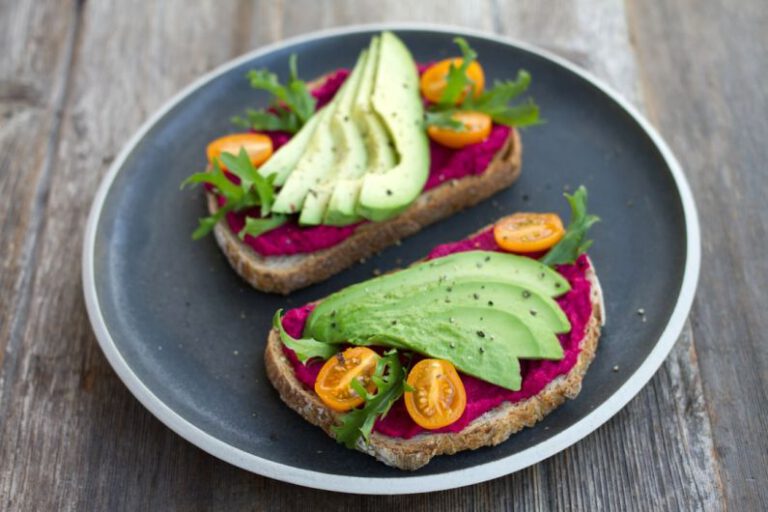How to Experience Authentic Japanese Cuisine?
Embarking on a culinary journey through the flavors of Japan is an experience that tantalizes the senses and introduces you to a world of authentic cuisine. From delicate sushi to hearty ramen and everything in between, Japanese food is renowned for its precision, freshness, and exquisite taste. To truly immerse yourself in the flavors of Japan, it’s essential to explore beyond the familiar dishes found in Westernized Japanese restaurants and seek out authentic dining experiences. Here’s how you can savor the true essence of Japanese cuisine.
**Embrace Izakayas for a Casual Dining Experience**
One of the best ways to delve into authentic Japanese cuisine is by visiting an izakaya. These traditional Japanese pubs offer a casual and social dining experience where you can sample a wide variety of small dishes paired with drinks like sake or beer. Izakayas are popular among locals and are a great place to try regional specialties that may not be as easily found in mainstream restaurants. From grilled skewers of yakitori to savory bowls of edamame and crispy tempura, izakayas provide a glimpse into the everyday food culture of Japan.
**Visit Local Markets for Fresh Ingredients**
To truly understand Japanese cuisine, it’s crucial to appreciate the emphasis on fresh, seasonal ingredients. Visiting local markets, such as Tsukiji Market in Tokyo or Nishiki Market in Kyoto, allows you to witness the vibrant array of produce, seafood, and culinary products that form the backbone of Japanese cooking. Take the opportunity to interact with vendors, sample unique snacks, and observe the meticulous care that goes into selecting the finest ingredients. By immersing yourself in the bustling atmosphere of a Japanese market, you’ll gain a deeper appreciation for the quality and diversity of the country’s culinary offerings.
**Participate in a Cooking Class for Hands-On Learning**
For those seeking a more interactive experience, enrolling in a Japanese cooking class is a fantastic way to learn about the techniques and traditions behind classic dishes. Whether it’s mastering the art of sushi rolling, perfecting the balance of flavors in a bowl of ramen, or crafting delicate wagashi sweets, a cooking class provides invaluable insights into the culinary heritage of Japan. Engaging with local chefs and instructors will not only enhance your cooking skills but also deepen your understanding of the cultural significance of different ingredients and cooking methods.
**Seek Out Hidden Gems Off the Beaten Path**
While popular tourist spots may offer a glimpse of Japanese cuisine, the true gems often lie off the beaten path. Explore lesser-known neighborhoods and seek out small, family-run eateries known as shokudo or mom-and-pop restaurants that serve authentic, home-style dishes. These hidden gems often specialize in regional delicacies or time-honored recipes passed down through generations, providing a taste of Japan’s culinary heritage that is both genuine and soulful. By venturing beyond the tourist hotspots, you’ll discover the hidden treasures of Japanese cuisine waiting to be savored.
**Immerse Yourself in Traditional Tea Ceremonies**
No exploration of Japanese cuisine is complete without experiencing the art of tea ceremonies. Tea, particularly matcha green tea, holds a special place in Japanese culture and is deeply intertwined with the country’s culinary traditions. Participating in a traditional tea ceremony offers a glimpse into the meticulous rituals and etiquette surrounding the preparation and serving of tea. From the graceful movements of the tea master to the serene ambiance of the tearoom, a tea ceremony is a sensory journey that embodies the harmony and mindfulness central to Japanese cuisine.
**Appreciate the Delicate Balance of Flavors**
Central to the essence of Japanese cuisine is the concept of umami, the fifth taste that represents a savory, rich flavor profile. Japanese dishes are characterized by a delicate balance of flavors, textures, and colors that harmonize to create a multisensory experience. From the umami richness of dashi broth to the subtle sweetness of mirin and the tangy notes of pickled vegetables, Japanese cuisine celebrates the beauty of simplicity and purity in its culinary creations. By savoring each dish mindfully and appreciating the intricate interplay of flavors, you’ll gain a deeper understanding of the artistry that defines authentic Japanese cuisine.
**In Conclusion:**
To truly experience authentic Japanese cuisine is to immerse yourself in the rich tapestry of flavors, traditions, and cultural nuances that define this culinary landscape. By embracing the diversity of dining experiences, exploring local markets, participating in cooking classes, seeking out hidden gems, and appreciating the delicate balance of flavors, you’ll embark on a gastronomic adventure that transcends mere sustenance. Japanese cuisine is a celebration of craftsmanship, seasonality, and respect for ingredients, inviting you to savor each bite as a reflection of the country’s heritage and culinary artistry. So, let your taste buds guide you on a journey through the heart and soul of Japan’s culinary delights. Kanpai!






